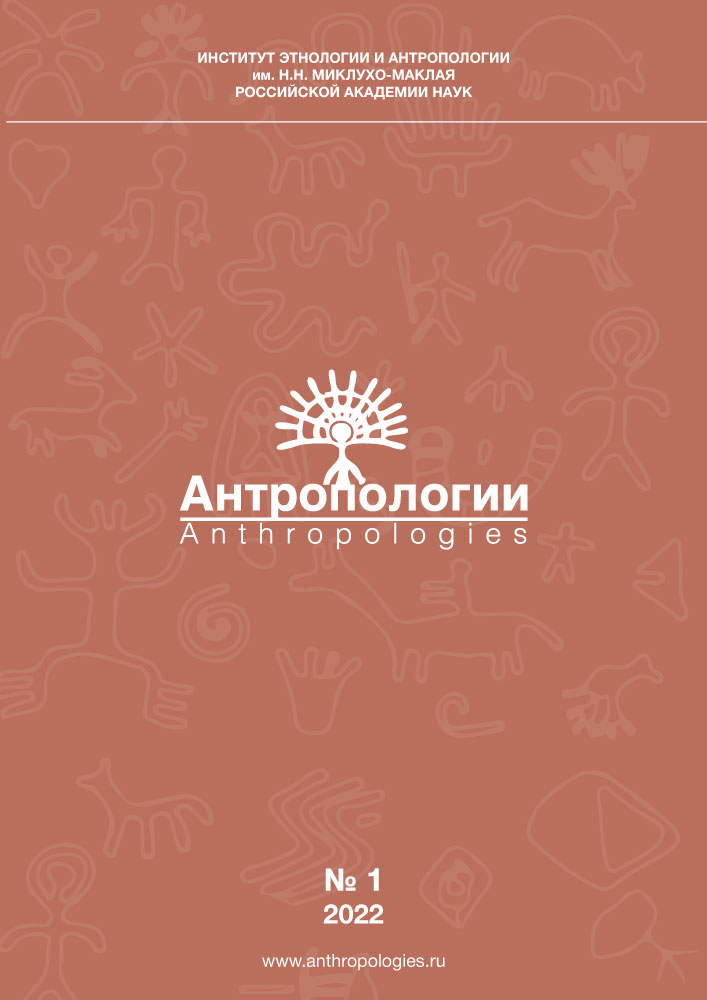Способы участия в мировой истории после социализма
DOI:
https://doi.org/10.33876/2782-3423/2022-1/68-76Ключевые слова:
Таджикистан, реляционность, участие в мире, Эдуар ГлиссанАннотация
Окончание холодной войны вынудило ученых в Центральной Азии обратиться к новым центрам
власти, которые используют английский язык в качестве средства общения. На глобальном уровне
участие и распределение ресурсов в академической сфере связаны с языковыми компетенциями.
Эта тенденция оставляет мало места для постколониальных дебатов и критического осмысления не-
давнего прошлого. Одним из результатов стало чрезмерное внимание к национальности, в том числе
в академических дискурсах. Однако помимо этой риторики мы находим взаимодействие с миром
на гораздо более высоком уровне. У исследователей из Таджикистана мы находим работы, которые
указывают на связи с соседними странами, общим персидским наследием, религиями и русским
языковым и культурным наследием. Поступая таким образом, эти ученые выбирают участие в мире,
которое философ Эдуар Глиссан описал для другого региона и которое он называет “Отношением”
(relation). Участие здесь является ризомным способом связи с другими обществами, культурами
и людьми при отказе от колониальных иерархий и линейной историчности.



